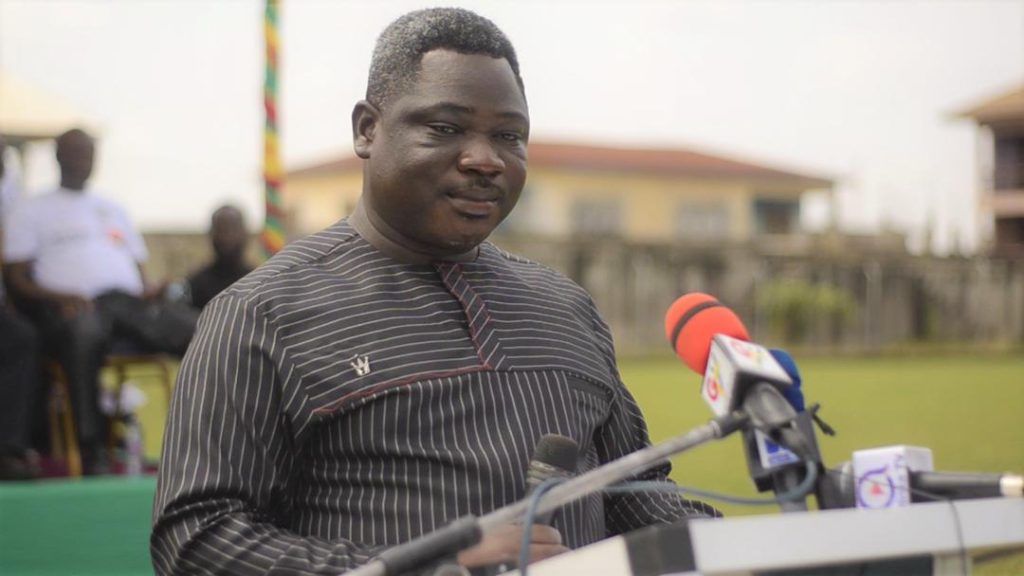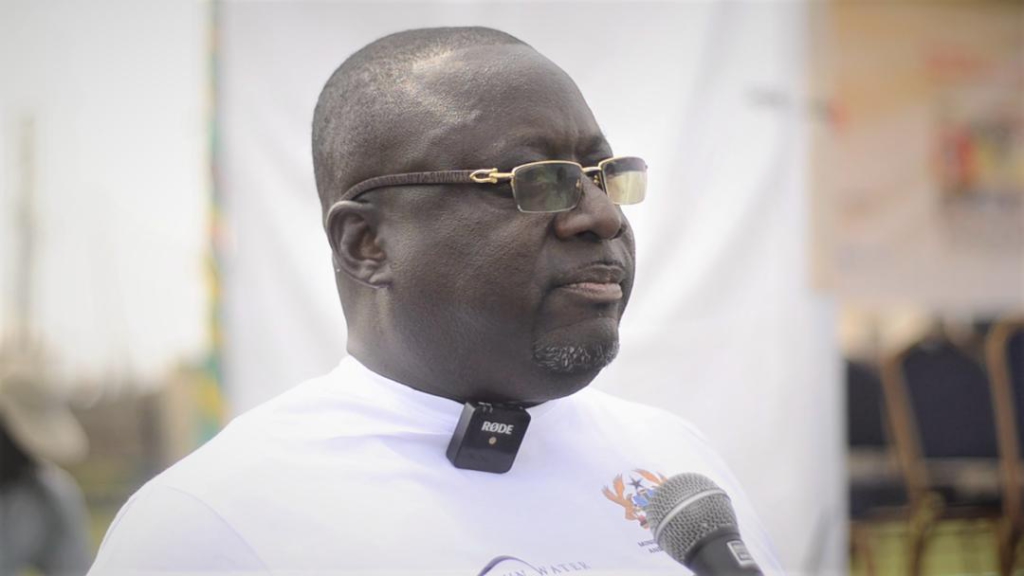Government to establish ‘sanitation courts’ at Metropolitan, Municipal and District Assemblies (MMDAs) to deal with poor sanitary conditions.
People found culpable of breaching sanitation rules could soon serve a jail term or be fined.
The move is to reinforce measures against indiscriminate disposal of waste, open defecation, and other sanitation challenges confronting the country.
Deputy Minister for Sanitation and Water Resources, Amidu Issahaku Chinnia says the Ministry is collaborating with the Ministry of Justice and the Attorney-General to set aside days to deal with sanitation cases.

Speaking at an event to mark the 2022 World Toilet Day, the sector minister indicated that the government is instituting measures to confront the sanitation crisis.
“We will pursue aggressively the one-house one toilet initiative to ensure households get decent toilets. In the next one year, a total of 200,000 toilets will be added to the toilet stock in the country. We hope to facilitate the construction of toilet facilities in selected schools and health facilities across the country. The Ministry is collaborating with the Ministry of Justice and Attorney-General to set aside special days to trial cases involving sanitation,” he said.
Despite no records of cholera since 2017, the country is still challenged with poor sanitation.
The Ghana Statistical Service in its 2021 Population and Housing Census data indicated that only 25% of the 31.7 million Ghanaian population have access to basic sanitation.
Accessibility to toilet facilities remains an expensive task as 56% of Ghanaians still share toilet facilities with nearly 18% of households in the country still engaged in open defecation.
The Ashanti Region over the last decade has seen a marginal increase in open defecation, from 6% (in 2010) to 7% (in 2021).
In 2021, government with support from the World Bank initiated the Greater Kumasi Metropolitan Assembly Sanitation and Water project to improve access to sanitation and water.

Project Coordinator, George Asiedu says 5,000 out of the estimated 30,000 toilet facilities have so far been built under the 4-year project.
“The reverse from Accra. We need to double our efforts and make sure that we enforce our bye-laws and support many people who do not have access to toilet,” he said.
Currently, the Ejisu Municipality leads in the One Household One Toilet facility initiative in the metropolis.
The municipal assembly is facilitating efforts to construct more toilet facilities in schools and other public locations.
The 2022 World Toilet Day held under the theme: “Sanitation and Ground water”, focused on the impact of sanitation crisis on groundwater.





